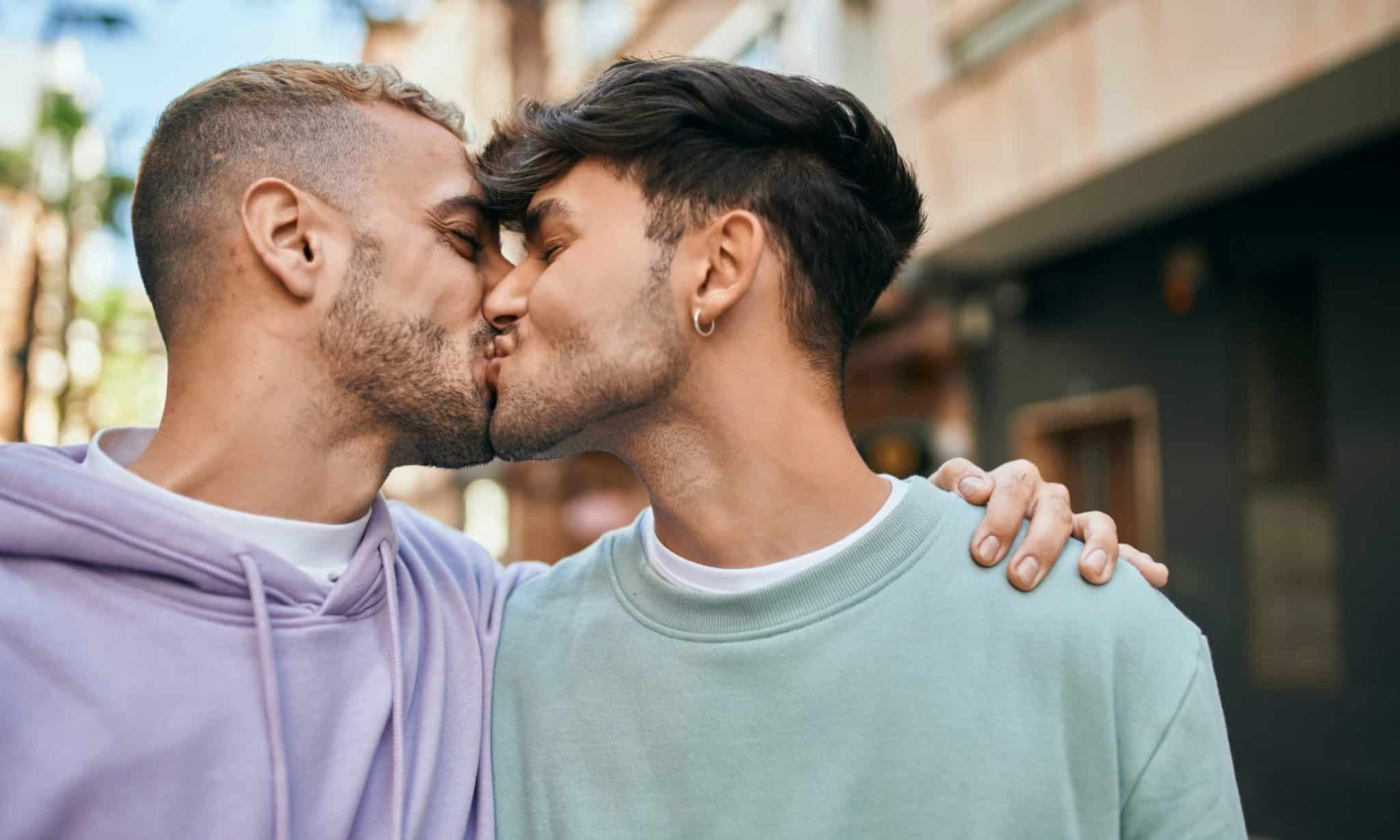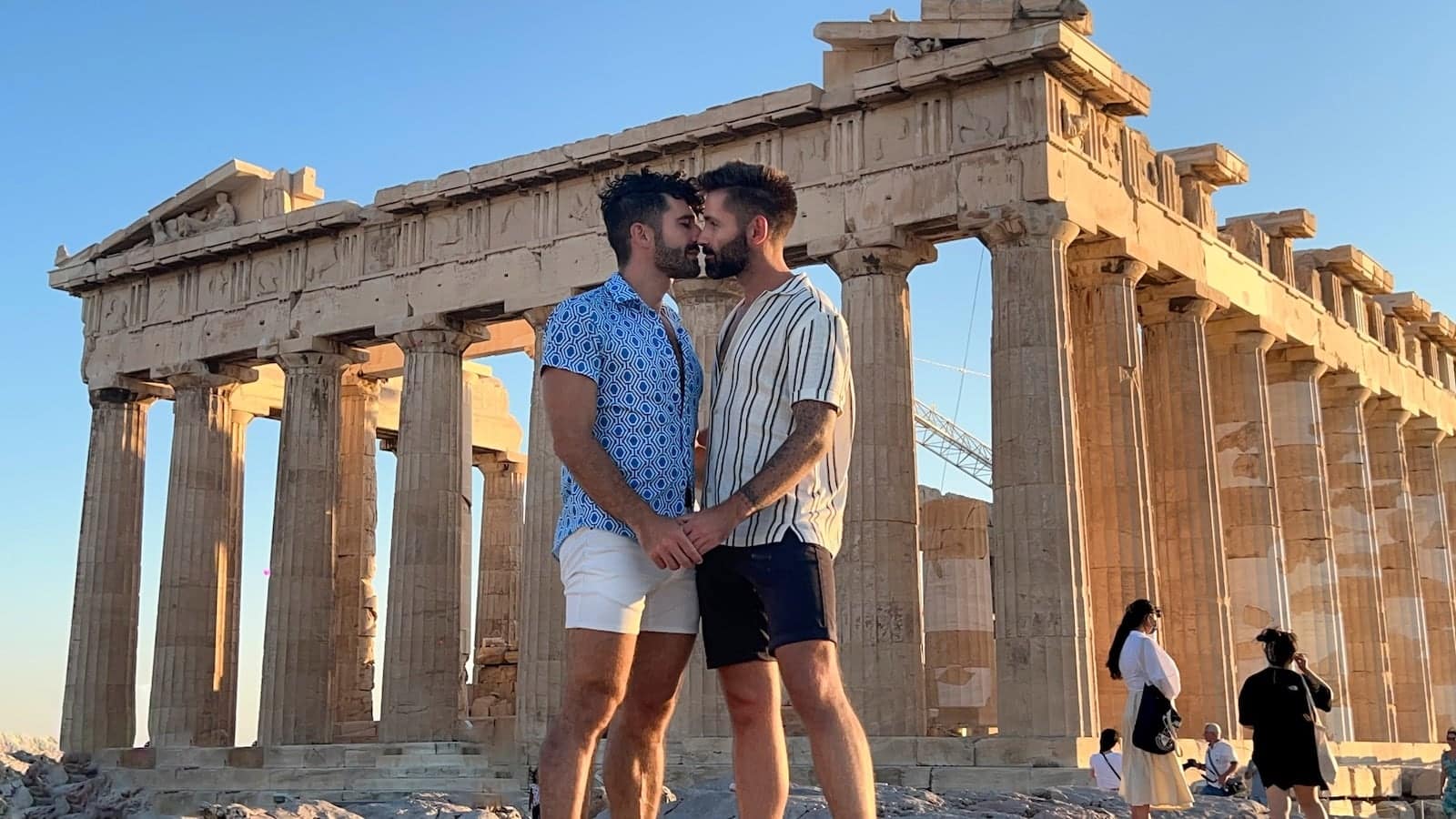Unpacking Identity: A Deep Dive Into LGBTQ+ Rights And Realities
In the vast ocean of the internet, a myriad of search queries can lead us down unexpected paths. While some terms might seem whimsical or even random, they often open doors to deeper, more meaningful conversations about identity, community, and human rights. Beyond the curious phrases, lies a world rich with human experience, a spectrum of identities, and an ongoing global struggle for equality and acceptance. This article delves into the crucial aspects of LGBTQ+ identity and the persistent challenges faced by this community, drawing from real-world data and events.
Understanding the Spectrum of Identity
At the heart of any discussion about the LGBTQ+ community is the fundamental concept of identity. It's a multifaceted construct, deeply personal yet often shaped by societal understanding and acceptance. Two key components often discussed are sexual orientation and gender identity.
Sexual Orientation and Attraction
Sexual orientation refers to an enduring pattern of emotional, romantic, and/or sexual attractions to men, women, or both sexes. It's a core component of identity that includes sexual and emotional attraction to another person and the behavior and/or social affiliation that may result from this attraction. This enduring pattern is not a choice, but an intrinsic part of who a person is, influencing their relationships and their sense of self in the world.
Gender Identity and Expression
Complementary to sexual orientation is gender identity. Transgender is an umbrella term used to describe people whose gender identity (their internal sense of themselves as male, female, both, neither, or somewhere else on the gender spectrum) or gender expression (how they outwardly present their gender) differs from socially constructed norms typically associated with the sex they were assigned at birth. Understanding these distinctions is vital for fostering an inclusive and respectful society, recognizing that each individual's journey of identity is unique and valid.
The Global Fight for Equality and Safety
Despite growing awareness and progress in many parts of the world, LGBTQ+ individuals continue to face significant challenges, ranging from discrimination and legal repression to outright violence. The struggle for human rights is a continuous battle, marked by both tragic setbacks and inspiring victories.
Violence and Persecution
The stark reality of this struggle is tragically highlighted by events such as the killing of Muhsin Hendricks. On February 15, Muhsin Hendricks, an openly gay imam, Islamic scholar, and LGBT rights activist, was shot and killed in Gqeberha, South Africa, as he was leaving to officiate an event. His death underscores the extreme dangers faced by LGBTQ+ individuals, particularly those who are visible and vocal advocates for their community, even in countries that have made strides in legal recognition. Such acts of violence are not isolated incidents but are often rooted in deep-seated prejudice and systemic intolerance.
Legislative Repression and Human Rights Violations
Beyond individual acts of violence, many LGBTQ+ people contend with state-sponsored repression. Hungary, for instance, deepened its repression of lesbian, gay, bisexual, and transgender (LGBT) people on March 18 as the parliament passed a draconian law that will outlaw Pride and similar peaceful assemblies. Police in Hungary have banned lesbian, gay, bisexual, and transgender (LGBT) Hungarians and their supporters from peacefully assembling to celebrate Pride, while instead allowing counter-demonstrations. These laws not only curtail fundamental freedoms like freedom of assembly and expression but also send a chilling message of non-acceptance and discrimination, effectively marginalizing an entire segment of the population.
Similarly, the concept of "LGBT ideology free zones" has emerged as a deeply concerning trend in some regions. For over five years, towns in Poland adopted resolutions declaring themselves free from "LGBT ideology," creating environments of hostility and fear for their LGBTQ+ citizens. However, there is hope in resistance: municipal officials in the town of Łańcut, Poland, have abolished the country’s last remaining “LGBT ideology free” zone, righting more than five years of political assault on LGBT people. This victory, though localized, demonstrates the power of sustained advocacy and the possibility of reversing discriminatory policies.
Legal Frameworks and Advocacy
The legal landscape surrounding LGBTQ+ rights is complex and varies significantly across the globe. Issues like parental rights often bring these complexities into sharp focus.
Custody and Parental Rights
When considering whether a parent’s sexual orientation should be a factor in the determination of custody, courts have commonly addressed situations involving custody with one lesbian or gay parent and one heterosexual parent. Historically, and even in some places today, a parent's sexual orientation has been unfairly used as a basis to deny custody or limit parental rights, despite overwhelming evidence that a parent's sexual orientation has no bearing on their ability to raise healthy, well-adjusted children. The ongoing challenge is to ensure that legal systems prioritize the best interests of the child, free from prejudice based on a parent's identity.
The Role of Human Rights Organizations
Organizations like Human Rights Watch play a critical role in this global struggle. Human Rights Watch works for lesbian, gay, bisexual, and transgender peoples' rights, and with activists representing a multiplicity of identities and issues. Their work involves documenting abuses, advocating for policy changes, and supporting local activists on the ground, shining a light on injustices and pushing for universal human rights to be applied equally to all, regardless of sexual orientation or gender identity.
A Path Forward Towards Acceptance
The journey towards full equality and acceptance for LGBTQ+ individuals is far from over. It requires continuous education, advocacy, and a commitment to upholding human rights for everyone. Understanding the nuances of identity, acknowledging the very real dangers and discrimination faced by the community, and supporting the efforts of those who champion human rights are crucial steps.
From the personal experience of attraction and identity to the global legislative battles and acts of violence, the narrative of LGBTQ+ rights is a powerful testament to resilience and the enduring human spirit. It reminds us that empathy, respect, and the unwavering pursuit of justice are essential in building a world where every individual can live authentically and safely.

Gayety | LGBTQ+ Stories | Queer Culture | Gay News

Gay in San Francisco: Everything LGBTQ travellers need to know | KAYAK

Gay Travel Guide to Amman • Nomadic Boys